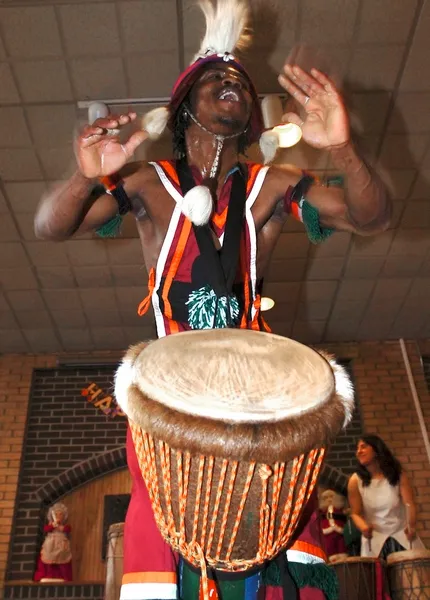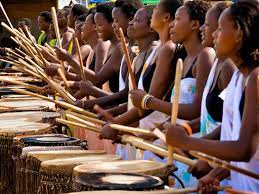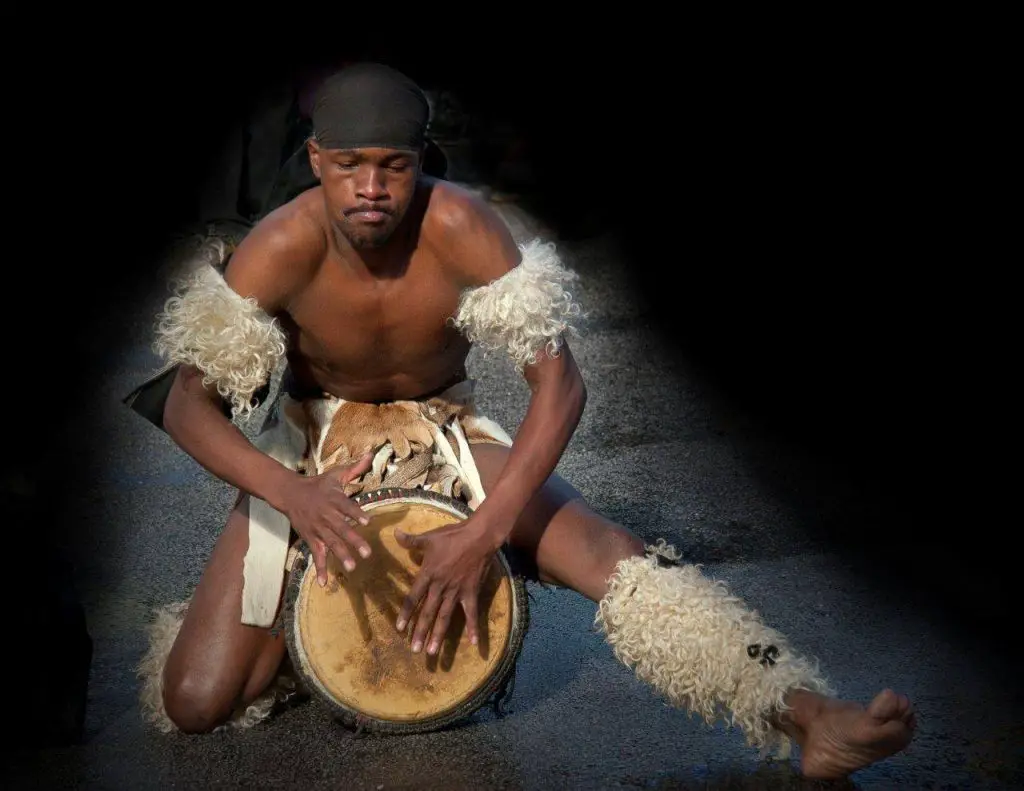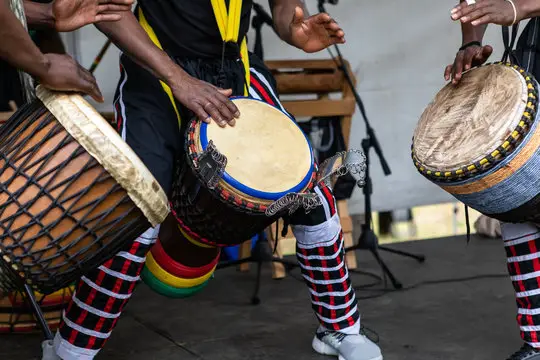Globally, it’s not uncommon to see videos of traditional African communities playing drums. Song, dance, and drums have been part of the African tradition for centuries. In fact, African drums are part of museum collections worldwide and represent the unique way of life for numerous communities.
Apart from playing music, drums were and still are a huge part of many communities. Here are 15 surprising African drumming traditions worth noting.
1. Religious Symbol
Many African religious ceremonies were never complete without playing drums. Some had hand drums, while other communities played massive drums set on the ground. The ceremonies would, at times, involve song and dance, while at other times, it was mourning and beating the drums.
2. Home to Spirits
The Djembe is among the most important drums in Africa and has been said to date back to 500 AD. Another name for the Djembe is the Talking Spirit since it’s believed to contain spirits. For example, the people of Mali believed the Djembe contained the spirit of the tree, the spirit of the animal, and the spirit of the one who cut the tree.
3. Long Distance Communication
Modern-day communications systems have made life much easier. It’s possible to communicate with people on other continents. Phones, emails, and many other ways to relay and receive messages.
However, not too long ago, people relied on instruments like drums to participate in long-distance communication. Certain beats would have special meanings from one neighboring community to the next.

4. Royal Instruments
Drums belonged to members of African communities. However, there were specific ones that the rulers of the land owned. Such drums were part of the royal instrument collection, for example, in the Buganda Kingdom. Only specific drummers were permitted to play them during special ceremonies.
5. Ritual Ceremonies
Many communities in the world use drums when performing rituals. Africa is no exception. Different African communities would and still use drums when performing rituals. A good example is invoking the gods to deliver rain during planting season.
6. Wrestling Matches
Historically, many African communities held wrestling matches as a pastime and time for men to showcase their prowess. During such matches, they’d each rely on the beat of drums when performing different moves in the hopes of impressing the women. Each wrestler has a unique rhythm, and drums are a big part of their performance.
7. Drum Regulation
While drums have been part of the African tradition for centuries, each community has rules to follow. The rules revolved around playing instruments such as drums and who could play them. Only drummers could carry and play drums in some communities, while women were restricted.

8. Voice of God
Did you know some communities had a special drum that only the king would play? The sacred drum known as vhaVenda was regarded as God’s voice and was primarily played by the king. An assigned drummer also played the special instrument on certain occasions.
9. Instruments of War
Drums were featured during times of peace, where different celebrations were held with song and dance. However, armies would also carry drums to war as they sang and got ready to attack. Drums accompanied war chants and, at times, were used to intimidate the opponents.
10. Fertility Ceremonies
Traditional communities in Zimbabwe had the mitumba, which was played during fertility ceremonies. The drum would accompany the traditional dance mbende, a suggestive sexual performance.
11. Community Communication
Do you want to know when the community leader was awake or heading to bed? Certain African communities had the tradition of playing sacred drums to communicate the whereabouts of the ruler. Certain beats would mean they were awake, while others informed the kingdom they were off to bed.

12. Announcing the Birth of a Child
It was common to hear drums accompany ululations after the birth of a child. Some communities did the ritual for all children, while others focused on the birth of a royal child. The beating of the drums and celebrations meant a new royal life was now part of the community.
13. Diverse Types
Africa is a land that has numerous communities, each with their traditions and practices. Each community has different types of drums that they play. In some, special drummers are the only people allowed to play drums during occasions or when communicating messages to the community.
14. Living Entity
African traditions always featured items and instruments regarded as living entities. For instance, the Djembe was a sacred drum that traditional Africans believed to be full of life. Special skin was used to make the drums, kept in specific places worthy of the living entities.
15. Symbol of Resistance
The Christian missionaries who accompanied colonialists did their best to wipe out many traditional African practices. Among them was playing drums to communicate or during specific events. Later, as the spirit of independence spread throughout the continent, leaders encouraged drums to be played during gatherings.
Freedom fighters hiding deep in forests could beat drums and sound trumpets to communicate danger or time to attack. Drums played a crucial role in communicating during the fight for independence.

